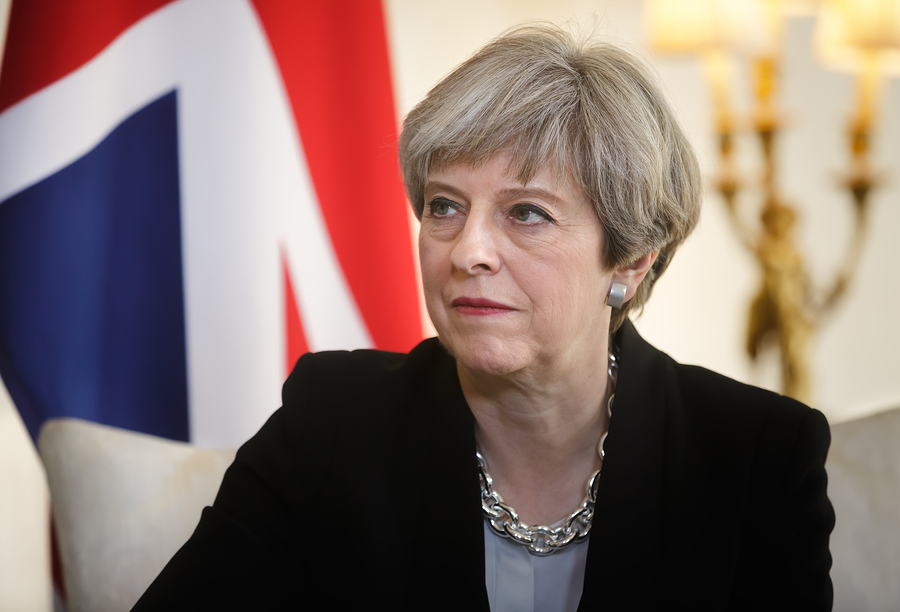The border between Northern Ireland (which is a part of the UK) and the Republic of Ireland is becoming one of the biggest issues in Brexit negotiations. Both sides want to keep the border open, fearing that a closed border could reignite tensions in Northern Ireland and put the Good Friday peace agreement in jeopardy.
Uk prime minister Theresa May agrees that a backstop is needed to keep the border “soft”, and the EU and UK have signed an in-principle agreement to agree to a compromise in the event of the UK leaving the EU without a deal in place. The UK parliament, however, has passed a number of Brexit related bills that would make the backstop more difficult to achieve.
The EU proposes keeping Northern Ireland within the EU customs zone after the UK leaves, which would essentially mean that there would need to be customs inspections in between Northern Ireland and Great Britain. The Republicans in Northern Ireland (usually Catholic ethnic Irish who want Ireland to unite) are in favour of this, but the Unionists (Protestant Scots and English) refuse to have Northern Ireland treated differently to the rest of the UK.
The main Unionist party, the DUP, are in coalition with May’s Conservative party to form government, so they need to be placated for the Government to survive. Sinn Fein, the main Republican party, do not recognise the right of Westminster to rule Northern Ireland and so do not take the seats they win in UK elections.
The UK has proposed a backstop mechanism that would keep the entire country in the EU customs zone. The EU oppose this, saying that the UK cannot have an option where it retains the benefits of being an EU member without the obligations.
If Brexit leaves a “hard” border in Ireland then the peace process would be threatened. It was only in 1999 that the Good Friday Agreement was signed, and the IRA did not disarm until 2006. Unfortunately, the Brexiteers who campaigned for leaving the EU refuse to continue being restricted by European customs, trade and travel rules.
It will be interesting to see how this plays out, and whether May and the EU will be able to negotiate a solution that satisfies both sides. The Irish border continues to loom as the largest stumbling block to an agreement.

